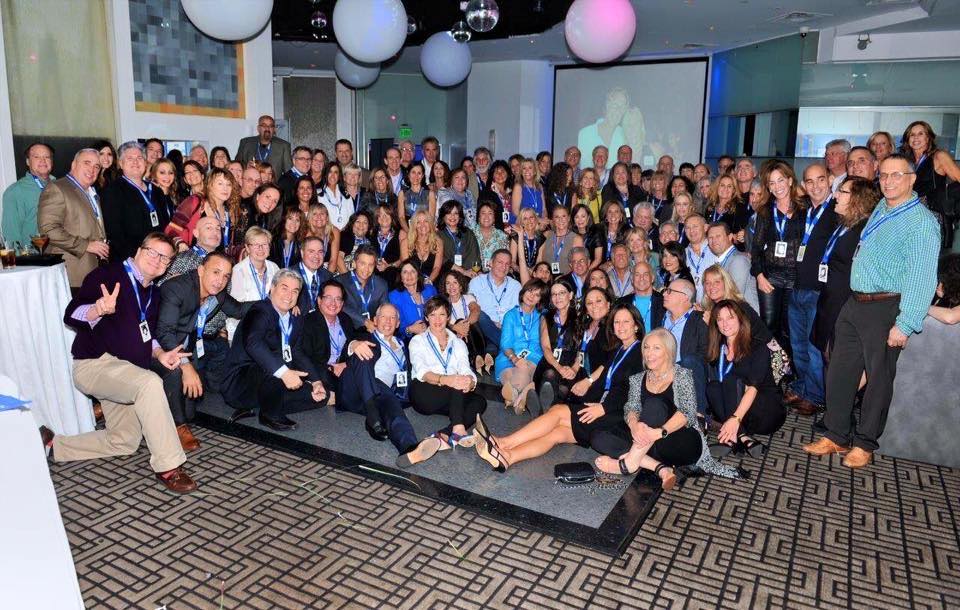The Torah portion this week contains the Holiness Code, Leviticus Chapter 19, which repeats either explicitly or implicitly the Ten Commandments as well as some additional instructions or commandments for being holy. We read that we shall be holy because Y-H-V-H is holy. Shall – not should; to be holy is a commandment, an obligation. It is not something that is bestowed on us, it follows from doing the things that are set out in this chapter, doing things that set us apart.
Perhaps it is because this week began with Mothers’ Day that I was so drawn to the wording about parents in the holiness code. As a point of reference, in the Ten Commandments in Exodus, the wording is “Honor your father and your mother…” whereas in Leviticus, the commandment is “You shall each revere his mother and his father and keep my Sabbaths.” Father precedes mother in Exodus and Shabbat is a previous commandment, whereas here mother is first and Shabbat is part of the commandment.
How can we best understand this? For a very long time, there were two major domains to experience Judaism – public and private. Following the destruction of the ancient Temple in Jerusalem, we elevated the home, as well as the synagogue, into being construed as a “mikdash me’at” – a small holy space. Traditionally, Jewish women insured that the home, the private mikdash me’at, was run according to Jewish law (or custom) and were responsible for the early learning of the children. Is Leviticus stressing the importance of the home as a holy space by listing mother first?
When my children were growing up, coming into the house on a Friday afternoon had a special smell – fresh baked challah and chicken. And Shabbat dinner must have felt like a commandment to them, Shabbat dinner was an “obligation”, either to have at home or with friends. Even our nanny chose to be home for Shabbat dinner before she went to out with friends. Shabbat was more than eating dinner together, it was more than the food (although that seemed important as well). It was “set apart” time where relaxing and conversing were the intent, a time of not eating quickly in order to run off to the next activity or to do homework, a time to be present for each other. And Shabbat had a “no-tech” rule which led us to play a number of games as a family or go to synagogue with the unintended positive consequence of not seeing all of the Saturday morning commercials.
Shabbat establishes holy time in a holy space. A time with less noise and more time to hear and be heard. Time to enjoy being rather than doing.
Today more than ever, although the lines between public and private are blurred, the lines between holy and mundane need to remain clear. We can make space holy through our behavior in the space.
We each need to set aside time to refresh, relax, and re-soul. This Shabbat The Jewish Studio is offering a special Shabbat experience with an eye toward Shabbat as a time for relaxing, refreshing and conversation on Friday evening, and a Shabbat hike where we can experience the world at 3miles per hour instead of 55mph. Join us in expanding holiness into new spaces.
JoHanna Potts





